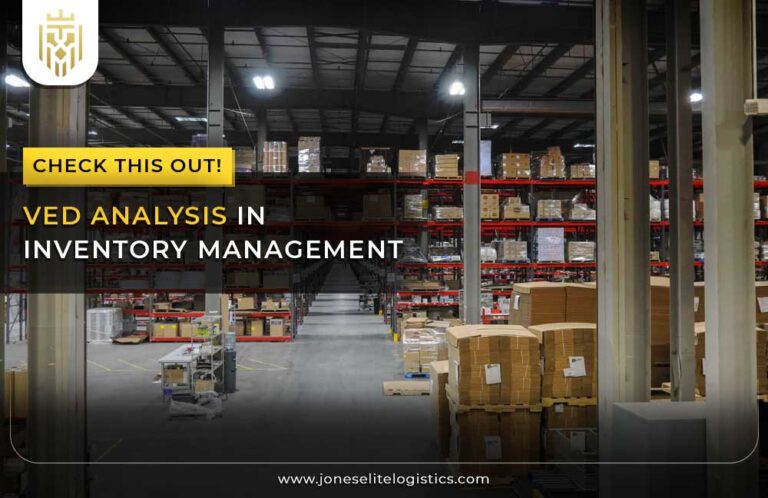What is Fleet Management?
Fleet Management is the process of managing a company’s fleet of vehicles and drivers to improve efficiency, optimize fleet operations, and reduce costs. Companies may either manage their own fleets or hire external fleet management services to handle various vehicle types. This management process encompasses asset utilization, maintenance, and the overall effectiveness of vehicle operations.
Fleet Management in Logistics:
Fleet Management in logistics focuses on optimizing transportation costs, resource utilization, and regulatory compliance to enhance overall performance. By leveraging effective strategies, businesses can improve efficiency, increase revenues, and enhance customer satisfaction. Additionally, effective fleet risk management practices ensure employee safety while minimizing the environmental impact of logistics operations.

What is Fleet Management Software?
Fleet management software utilizes telematics to monitor vehicle movement, driver behaviour, and operational data, offering real-time insights that help companies improve efficiency. This cloud-based platform not only tracks metrics but also incorporates AI and machine learning to detect anomalies swiftly. The integration of such technologies streamlines the management process and enhances the decision-making capabilities of fleet managers.
Purpose of Fleet Management:
The primary purpose of fleet management is to oversee and optimize fleet operations while controlling costs and enhancing safety. It achieves this by implementing strategies that improve efficiency, streamline operations, and ensure compliance with regulations. Furthermore, effective fleet risk management enables businesses to allocate resources better and meet customer expectations consistently.
How does fleet management work?
Fleet management involves several key steps: communication, budgeting, safety protocols, performance tracking, vehicle maintenance, driver monitoring, inventory management, and route optimization. These steps collectively ensure that businesses can effectively meet their goals and maintain fleet operations. Implementing these strategies can significantly improve efficiency and overall productivity.

Importance of Fleet Management in Shipping:
Fleet management in shipping enhances vehicle utilization, reduces fuel costs, and ensures timely deliveries, playing a pivotal role in logistics operations. By implementing best practices, businesses can improve efficiency, lower their carbon footprint, and enhance customer satisfaction. This comprehensive approach is essential for maintaining competitive advantages in today’s shipping industry.
Improves Inter-modal Transportation Efficiency:
Fleet management systems significantly enhance intermodal transportation efficiency by integrating corporate goals with logistics needs. These systems provide real-time tracking, allowing for better visibility and operational efficiency. This ultimately helps to improve efficiency and customer experience while reducing costs through effective route optimization.

Reduction of Carbon Footprint:
Fleet management software helps reduce a shipping company’s carbon footprint by tracking idling time, improving route planning, and maintaining vehicle performance. This proactive approach minimizes fuel usage and emissions, which contributes to overall sustainability. Furthermore, exploring electrification options enhances the company’s efforts to maintain an eco-friendly operational model.
Helps to Achieve a Perfect Order Index:
Achieving a high Perfect Order Index is crucial for logistics firms, as it indicates how many orders are shipped and delivered correctly. Utilizing a logistics management platform to monitor KPIs helps minimize accidents and enhance overall supply chain effectiveness. This systematic approach is vital for optimizing fleet operations and ensuring customer satisfaction.
Efficient 3PL Management Operation:
Fleet management is essential for 3PL operations, optimizing vehicle usage while reducing fuel and maintenance costs. This ensures timely deliveries, enhancing route planning and monitoring driver performance. Overall, effective fleet management leads to improved logistics efficiency and better resource allocation, benefiting the entire supply chain.
Ensuring Timely and Complete Deliveries:
Fleet management guarantees timely deliveries through optimized route planning and predictive ETAs. By leveraging historical data and real-time insights, businesses can streamline operations and build trust with customers. Monitoring driver performance also plays a crucial role in maintaining delivery compliance and ensuring goods are handled properly.

What does a Fleet Manager do?
A Fleet Manager is responsible for the planning, directing, managing, and coordinating of vehicle acquisition, utilization, maintenance, and disposal. They serve as the primary contact for all aspects of the fleet management process and ensure optimal fleet operations. Their role is crucial in achieving business objectives and maintaining efficient logistics workflows.
FAQs
1)What is Fleet Management?
Fleet management involves overseeing a company’s vehicles and drivers to optimize operations, improve asset utilization, enhance safety, and reduce costs through effective maintenance, tracking, and compliance strategies.
2)What is Fleet Management Software?
Fleet management software utilizes telematics to monitor vehicle movement, driver behavior, and operational data. This cloud-based platform provides real-time insights, helping businesses improve efficiency and optimize fleet performance using AI and machine learning.
3)What is the Purpose of Fleet Management?
The purpose of fleet management is to optimize fleet operations, reduce costs, enhance safety, ensure compliance, improve productivity, and boost customer service through effective resource allocation and route optimization strategies.
4)What is Fleet Management in Logistics?
Fleet management in logistics focuses on optimizing transportation costs, resource utilization, and regulatory compliance. It aims to improve customer satisfaction, increase revenues, reduce costs, and minimize environmental impact through efficient fleet operations.







